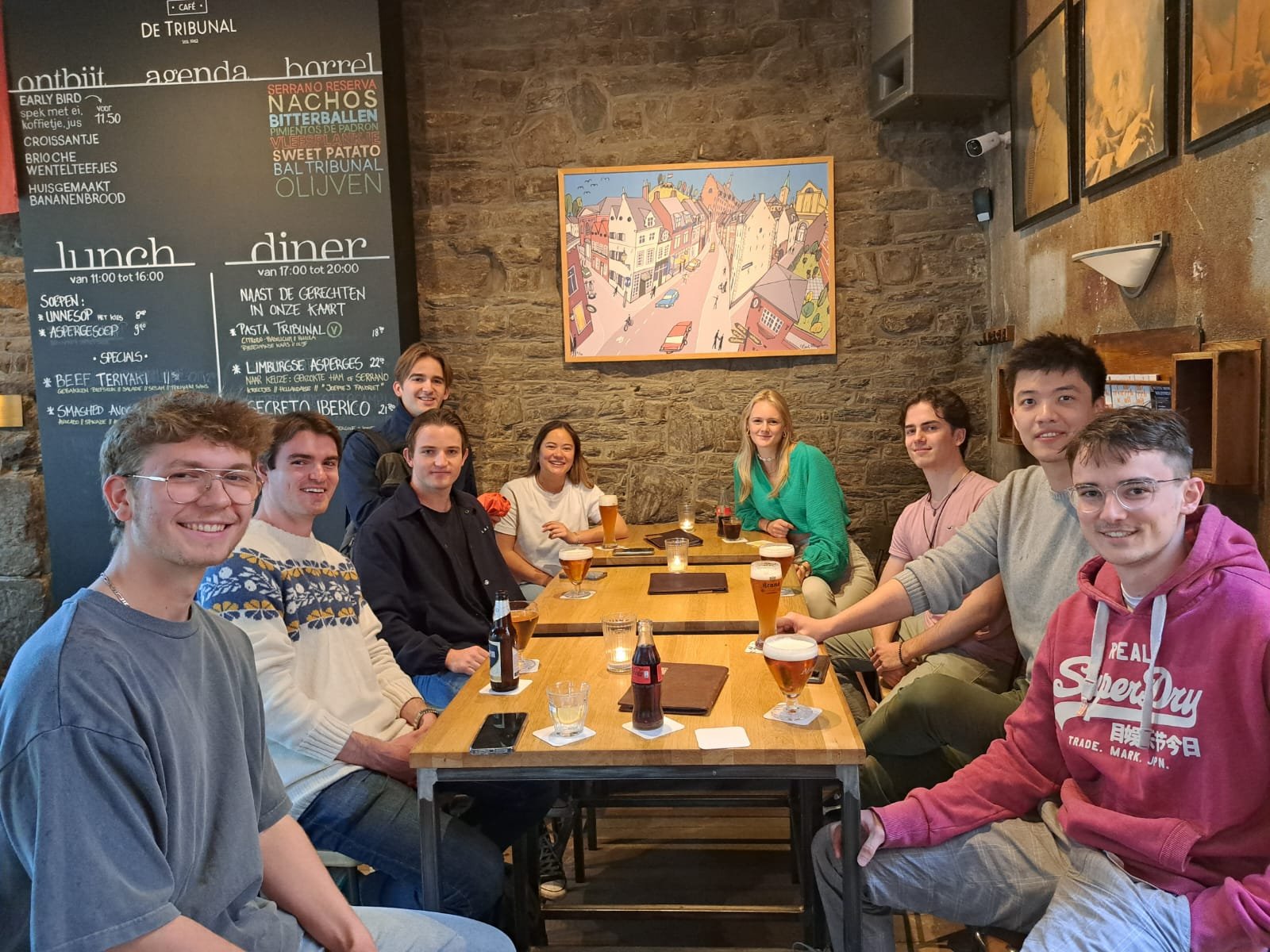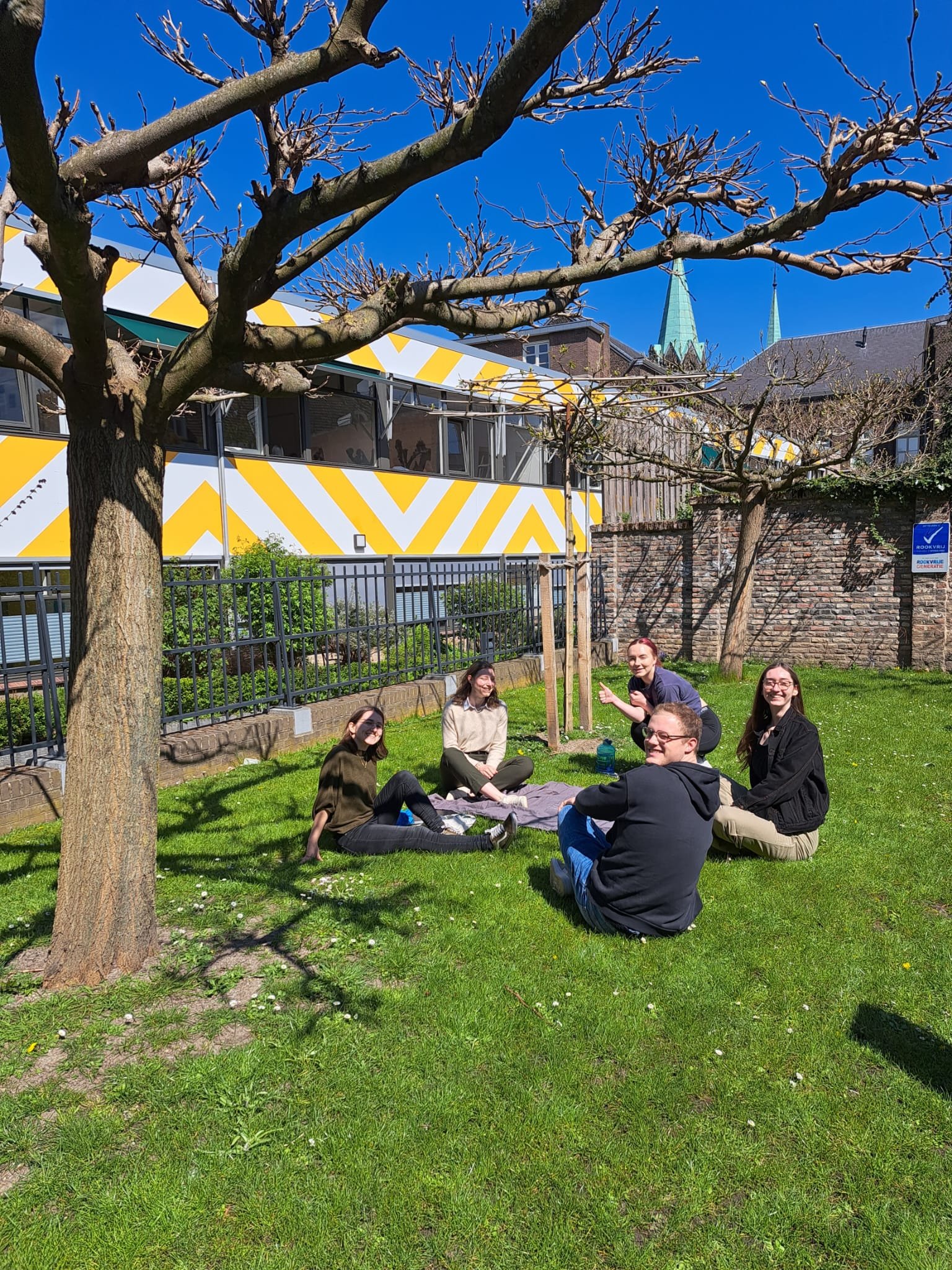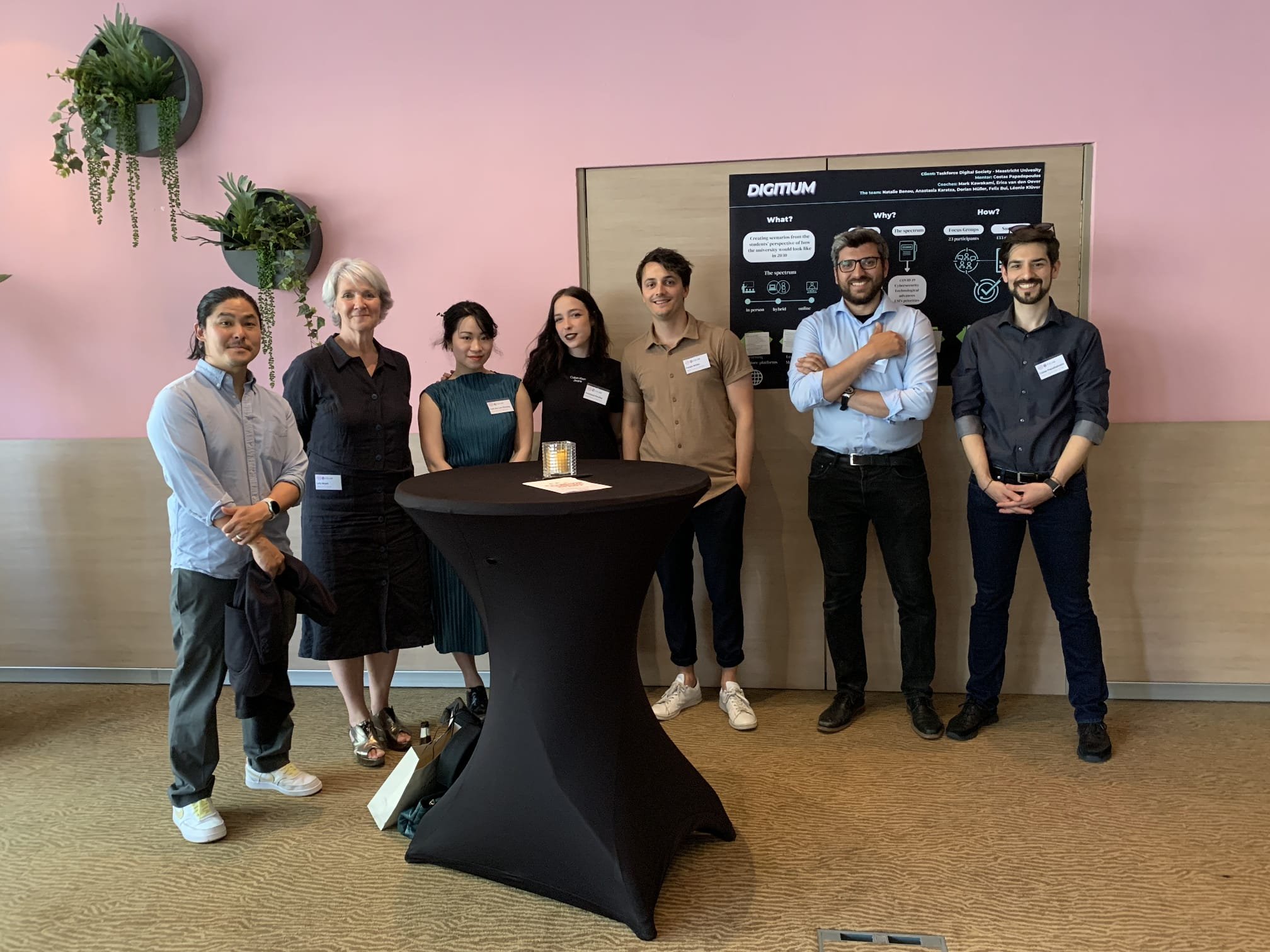I remember this doom and gloom feeling from back in 2016, right after Donald Trump won the US Presidency. Having voted for Hilary Clinton that year, I was not only disappointed, but horrified by what Trump’s victory would mean for people like me (i.e., a minority). Reading the news and the dreadful speculations of what Trump would do in office became an agony-inducing, traumatic experience (so much so that I stopped reading the news for about 3 years). I remember asking my PhD supervisor very soon after that election whether I could stick around in Maastricht when I was done with my PhD. Even as a foreigner, I felt more safe and more accepted in The Netherlands than I did back home, or at least I did back then.
Last night’s election in The Netherlands - and PVV’s commanding victory - brought back remnants of this foreboding feeling. So much so that it immediately made me feel less comfortable being a foreigner in The Netherlands. However, having experienced this feeling once before, my despair has been - so far - less apocalyptic. I find some comfort in knowing that politics, more often than not, is a process of perpetual oscillation. At least in most democracies, parties and politicians will rise and fall at the whim of its citizens. While for the time being, many Dutch citizens have opted to support Geert Wilders (it’s either that or they could no longer tolerate what the VVD-led coalitions were peddling), this phase too shall pass. As they say about the weather in New England, if you don’t like it, just wait a few minutes.
Behind this cognitive bravado though, I am actually quite shaken up by the thought of Wilders becoming Prime Minister (even though it would be his democratic right to be one), as I am a foreigner living on foreign soil with a government that is increasingly hostile towards outsiders (Timmermans’ post-election speech, while nice, was not very reassuring). Nevertheless, given that I teach courses that advocate for empathy-building and communicating (even) with people that we disagree with, I am actively trying to do my utmost to rationalize this current situation: For example, I try to see (most) PVV voters’ decision, not as a personal attack on foreigners, but as a manifestation of their frustration for having had their voices slighted for too long by the majority. After years of Mark Rutte and the VVD holding the reigns, a large percentage of the Dutch population wanted something different. Add to that, a relentless increase in their costs of living, a terrible housing crisis, and the perception that their government was putting their interests behind that of others, these voters just wanted the status quo to change. Even if that meant voting for an extreme-right, nationalist party with a leader that wants The Netherlands to ban the Koran and to leave the EU. This was a vote - however myopic - intended for self-preservation, using foreigners and migrants as scapegoats for their woes. As they say in relationship psychology, “hurt people, hurt people” and this, I think, is what we are witnessing.
I also think this situation is a perfect manifestation of what Paul Bloom describes in his book, Against Empathy, as the circle of empathy and the limits thereof: We, as individuals, often exhaust a lot of energy taking care of ourselves and those close to us, but less on those that are outside of our immediate circles of empathy. Wilders’ promise for the Dutch to “get their country back” and to stop the “asylum tsunami” is not only a dog whistle to galvanize an anti-immigration movement, but a misguided move towards making the Dutch circle of empathy smaller. While some may not see the immediate problem with the idea of only looking after their own, Martin Niemöller’s poem, First They Came, serves as a haunting reminder of why this isolationist approach never really works out in the long run.
So this is where I find myself: my rational mind at odds with how I feel. Today, while dropping off my son at school and going to the library with my daughter (both Dutch citizens), I couldn’t help but to wonder which of the people I came across in the city voted for PVV (which in Maastricht is one in every four eligible voter). My rational mind would say that these are not bad people. They are hurt too. They just want self-preservation and protect their loved ones. But my timid heart wanders and whispers into my ears, “they probably don’t like you” - or worse - “they might bully your kids because they look like outsiders” and I find myself scared and worried. So I am hurting. But somehow, I have to make sure that I don’t feed into the cycle of hurt. The problem is, I’m not sure if I can. I don’t know if the weather will change quickly enough. But while I wait for my rational mind and how I feel to be more in alignment, I’ll continue to take my Dutch classes and try to pretend that I am not-so-foreign by humming Sinterklaas songs while I cycle around the city on my bakfiets. Just in case.



















